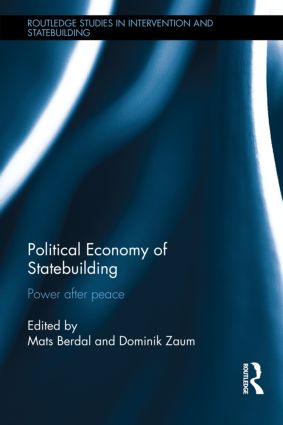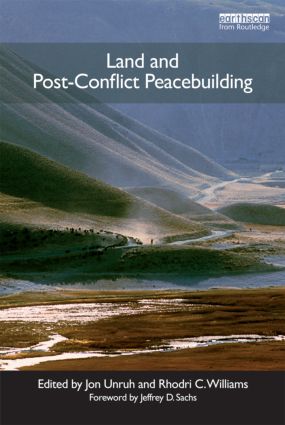Doing Business 2018 Reforming to Create Jobs
This year marks the 15th Doing Business report. Since the inception of the project in 2003, the global business regulatory environment has changed dramatically. Governments around the world have embraced and nurtured advances in information technology to reduce bureaucratic hurdles and increase transparency. Today, in 65 of the 190 economies covered by Doing Business, entrepreneurs can complete at least one business incorporation procedure online, compared with only nine of the 145 economies measured in Doing Business 2004.












